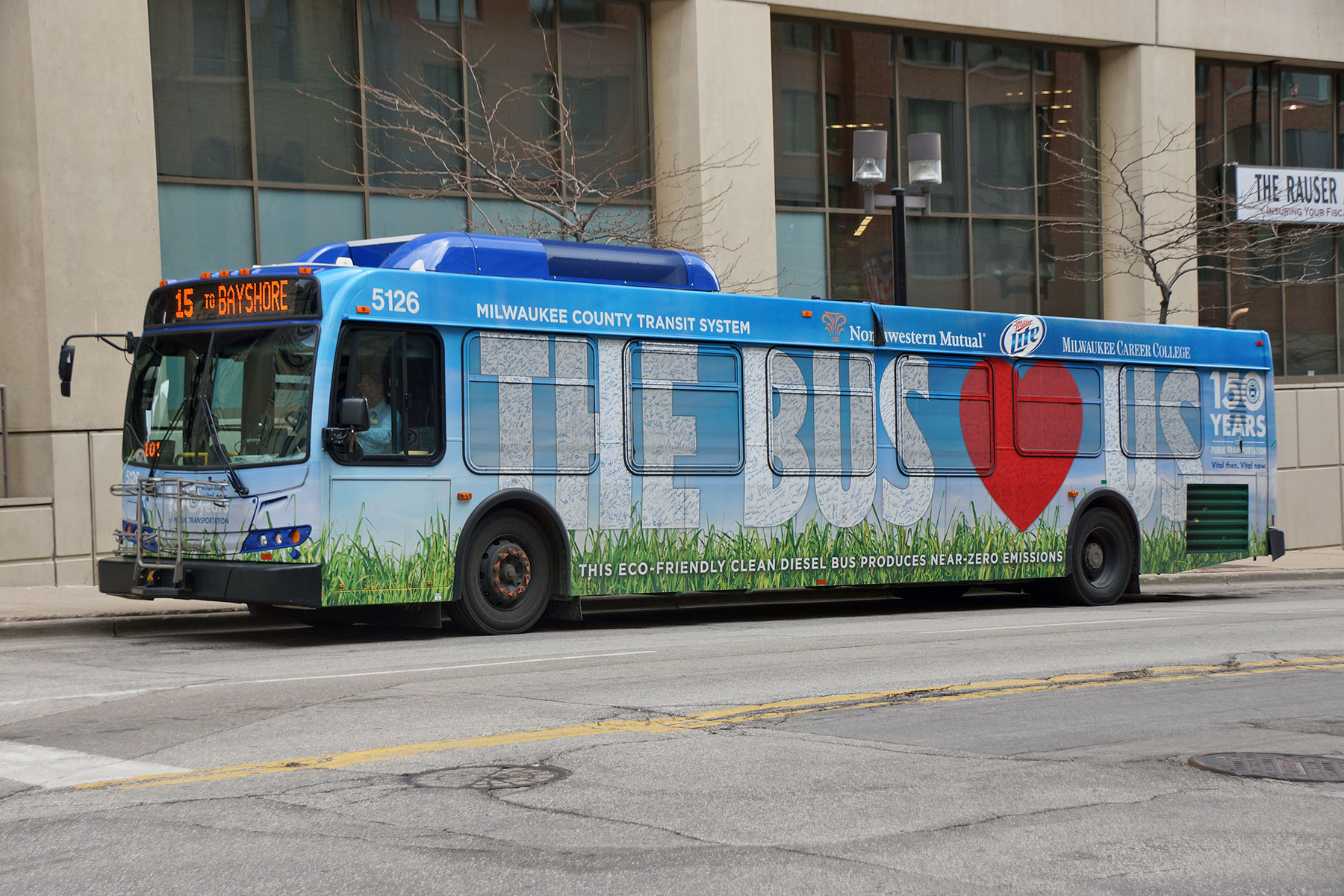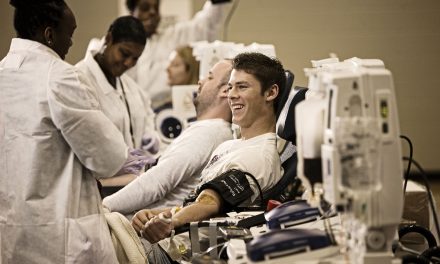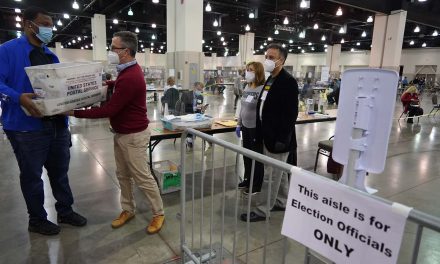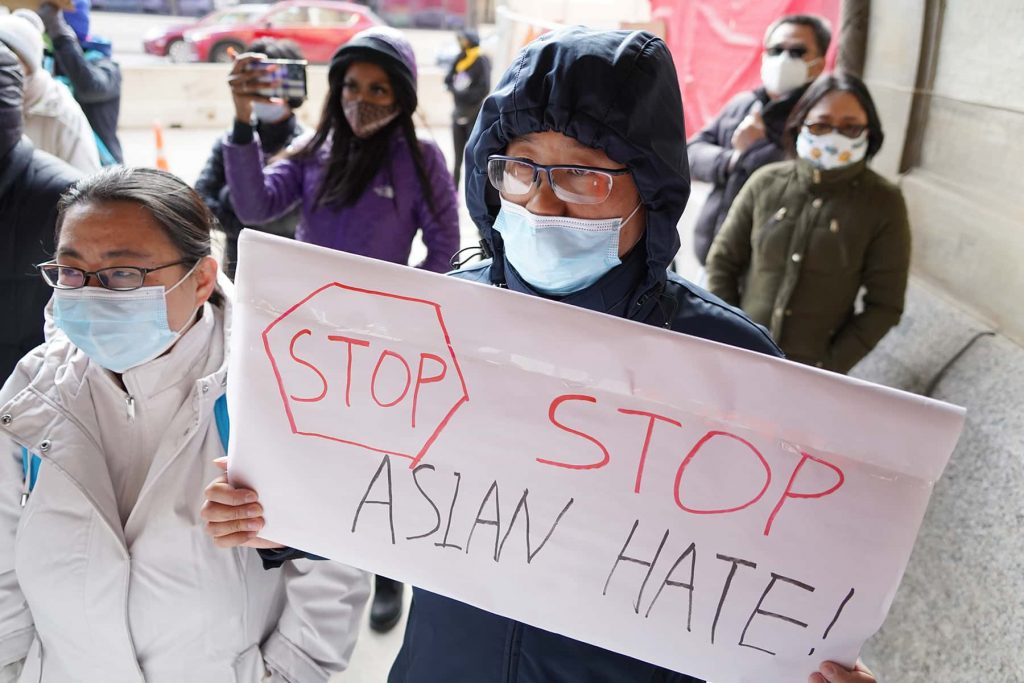
The only option for dedicated transit funding in Milwaukee County is the Vehicle Registration Fee (VRF), which also reduces environmental damage.
Reducing carbon emissions is arguably the most pressing challenge facing us today. We are seeing a growing awareness around the urgency of reducing C02 emissions from North Dakota to Pennsylvania, people are standing up to protest the construction of pipelines to enable the continued extraction of fossil fuels.
Right here in Milwaukee we have the opportunity to take a stand. Stopping the construction of pipelines is only half the battle – the other half is reducing demand for oil in the first place. Public transit reduces the use of fossil fuels anywhere from 33%-88% depending on the amount of people using the bus.
The key question is how many people will use the bus. As recent as 1999 Milwaukee was nationally recognized for its excellent transit service. However, according to the Public Policy Forum, transit ridership declined about 36% from 2000 to 2014. This is despite the fact that ridership has trended upward across the country.
The dramatic funding reductions for public transit under Walker’s tenure as both County Executive and Governor has played right into the hands of the fossil fuel industry. Less people using the bus has lead to service reductions, leading to a continued downward spiral of even less people being able to use the bus because of the service reductions.
The good news is that transit usage can spiral in the opposite direction. Transit improvements can lead to more people using the bus, leading to better service and even more people using the bus. To achieve this – we need to stabilize the funding for transit – which has borne the brunt of Walker’s policies for nearly two decades.
Because using the bus leads to a significant reduction in carbon emissions every transit rider should be thanked for helping our metro region reduce its CO2 emissions. The recent 2017 County budget did just the opposite. Instead, with the increase in weekly and monthly bus passes, transit riders now pay an additional $100 annually to use the bus.
Transit Riders have already paid more than their fare share with the increase in bus passes, despite the fact that transit riders, as a whole, are least able to afford these added expenses.
Not only does transit emit less CO2, it plays an important role in reducing the number of cars on the road, thereby reducing congestion. This can reduce the need to expand freeways, further reducing emissions and saving money for all Wisconsin taxpayers. Everyone benefits from transit.
On April 4, Milwaukee County Voters need to ask themselves what future they want to see for their County: continued decline in transit service or helping Milwaukee regain its position as a leader in public transit by securing a stable funding source for transit.
A yes vote for the VRF is a victory in the fight against pipeline construction, reducing the demand for oil, and is crucial in the broader effort to reduce CO2 emissions. Vote Yes to support the $60 VRF.














